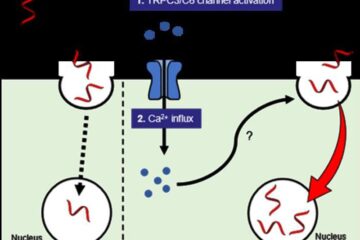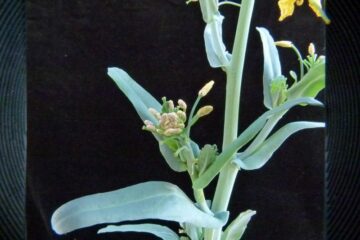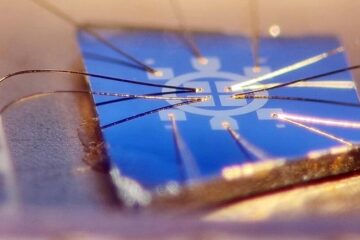Chemistry research could produce faster computers

Experts have been working for many years to understand how to work with electronic material produced on an increasingly small scale. In the emerging field of nano-science and nano-technologies it is important for scientists to be able to control the structure and bonding of molecules that are used in creating small scale electronic components for products such as computers.
Scientists at Liverpool have succeeded in imaging and forming a unique bond between a single gold atom and a single organic molecule called a pentacene. They managed to bind the atom to the pentacene and take images of rearrangements of the electrons participating in the formation of the chemical bond.
The team selected the pentacene as it is a special class of molecule that has qualities of particular use in molecular electronics. The gold atom is a metal atom that attracts an extra electron.
Professor Mats Persson, from the University’s Department of Chemistry said: “This new experiment allows us to control the arrangement and shape of chemical bonds and to gain new insight into making contact with a single molecule with potential importance for molecular electronics. There will come a time when electronic material will become so small that we will need to control the structure down to the atomic scale and the chemical bonds between single molecules and atoms.
“The atomic scale control of single-molecule chemistry in this experiment opens up new perspectives in the emerging field of molecular electronics, particularly in connecting organic molecules with electronic components. This could be important in creating electronics for future computers which are faster, smaller and have less power consumption.”
The research, conducted in collaboration with IBM Zurich Research Laboratory, Switzerland; Tampere University of Technology (TUT), Finland; and Chalmers University of Technology (CTH), Sweden, is published in Science magazine.
Media Contact
More Information:
http://www.liv.ac.uk/newsroomAll latest news from the category: Life Sciences and Chemistry
Articles and reports from the Life Sciences and chemistry area deal with applied and basic research into modern biology, chemistry and human medicine.
Valuable information can be found on a range of life sciences fields including bacteriology, biochemistry, bionics, bioinformatics, biophysics, biotechnology, genetics, geobotany, human biology, marine biology, microbiology, molecular biology, cellular biology, zoology, bioinorganic chemistry, microchemistry and environmental chemistry.
Newest articles

Next-generation treatments hitch a ride into cancer cells
Researchers from Osaka University discover that opening a channel into cancer cells helps antisense oligonucleotide drugs reach their targets. Antisense oligonucleotides (ASOs) are next-generation drugs that can treat disease by…

Boron deficiency: oilseed rape reacts as with infection and pest infestation
Genetic mechanisms uncovered… Boron deficiency has a devastating effect on oilseed rape and related plants. However, little is known about the underlying genetic mechanisms. A study shows that the response…

Quantum Precision: A New Kind of Resistor
Researchers at the University of Würzburg have developed a method that can improve the performance of quantum resistance standards. It´s based on a quantum phenomenon called Quantum Anomalous Hall effect….





















